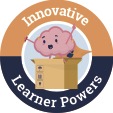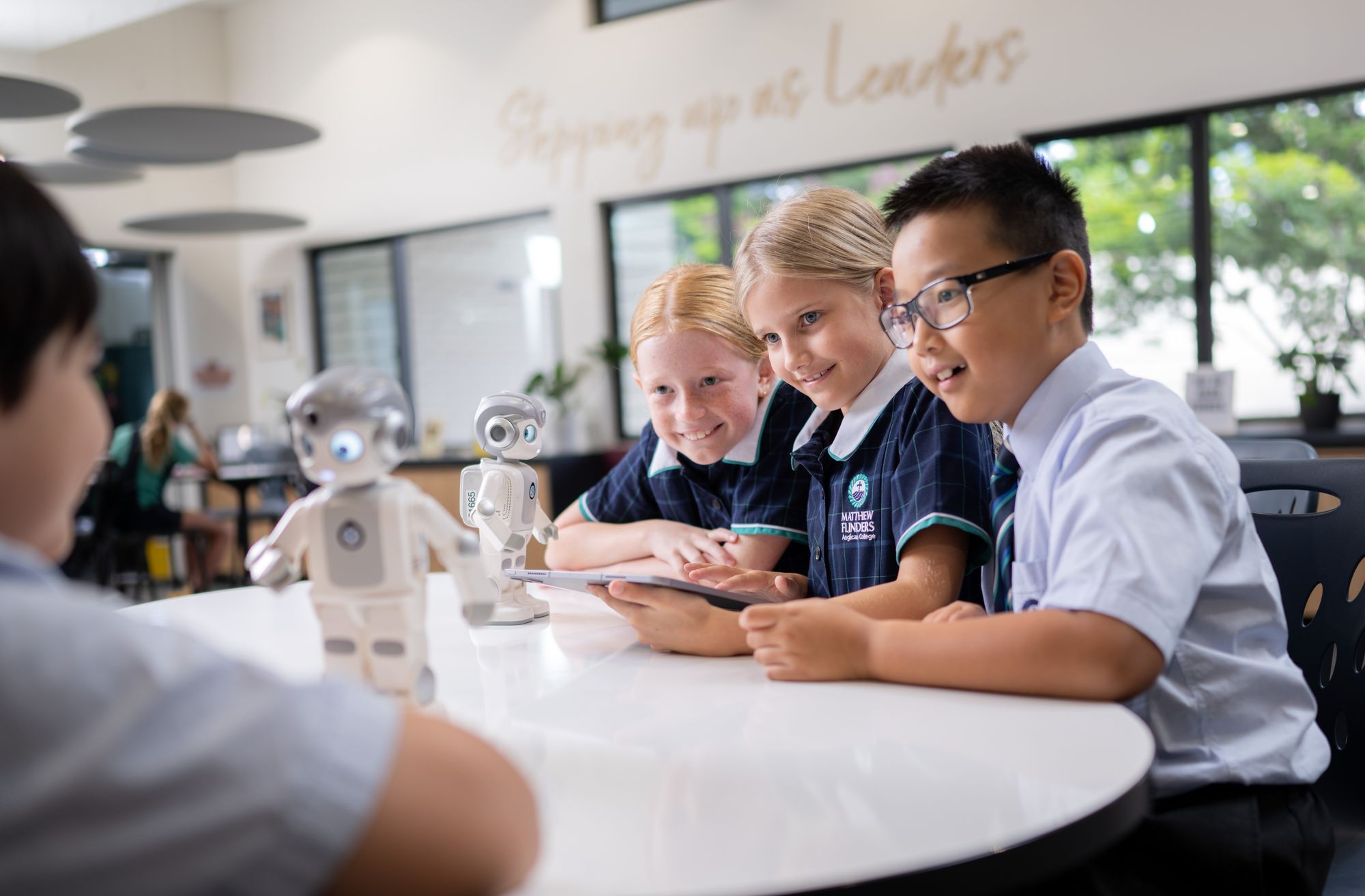Unpacking our Flinders Learner Powers - A Five-Part Series
The 'Innovative' Learner Power
By Mrs Laura Bain | Head of Future Learning and Academic Operations
(Primary)
“Innovation distinguishes between a leader and a follower.” - Steve Jobs
The modern workplace is evolving rapidly and will require innovative thinking - not just as a desirable skill but as a necessity.
At Matthew Flinders Anglican College, we challenge our students to think creatively, solve problems uniquely and push the boundaries of what is known to equip them with the tools to navigate and shape their future.
Creating a culture that values innovation starts in the classroom and at home. It requires a supportive atmosphere that encourages curiosity and out-of-the-box thinking. It also means modelling behaviours that reflect an innovative mindset, such as embracing new technologies, supporting artistic endeavours and engaging in lifelong learning.
Learner Power: Innovative
Our Flinders Learner Powers program encourages our Primary School students from Prep to Year 6 to develop five learner dispositions: innovative, reflective, collaborative, resilient and self-motivated.
Building their 'innovative' Learner Power requires our students to “push their thinking” and set goals to grow in this area, using language such as:
• I am curious and a problem seeker
• I think big and imagine possibilities
• I can create a solution or something new
We know that curiosity fuels innovation, and that's why we encourage our students from Prep to Year 6 to explore their inquiries, as it sets the groundwork for innovative thinking.
Our Wonder Lessons in the Wonderarium are purposefully designed to develop curiosity, which leads to creative and innovative thinking. These lessons play a vital role in developing the skills and dispositions our students use as they engage in our industry-recognised I-care and i-Impact curriculum programs. As our students identify, explore and develop solutions to problems through a human-centred Design Thinking methodology, innovative thinking and creativity become the tools that support their success.

Key Takeaways
Parents can play a crucial role in fostering an innovative spirit in their children. Here are practical ways to encourage innovation at home and develop creative problem solvers.
- Encourage curiosity and questions: Make it a point to welcome all sorts of questions from your children, even those that might seem trivial.
- Provide resources for creative exploration and time for unstructured play: Offer materials that allow children to experiment and create. Unstructured play allows children to use their imagination and develop their problem-solving abilities.
- Embrace failure as a learning opportunity: Failure isn't the opposite of success but a part of the learning process. Encourage them to try new things and if they fail, guide them to understand what went wrong and what they can do differently next time.
- Lead by example: Demonstrate innovative thinking in your everyday life. Whether it’s fixing a household problem in an unconventional way or experimenting with a new recipe, showing your children that you value innovation will inspire them to embrace it themselves.
Teaching children to be innovative is about preparing them to think critically, develop agility, embrace change and view the world through a lens of endless possibilities.
It contributes to the many ways in which we, at Flinders, are educating our students for excellence in learning and life.
Mrs Laura Bain | Head of Future Learning and Academic Operations (Primary)
NOTE: This article is part of a five-article series in Term 2, 2024 to explore the five learning dispositions of the Flinders Primary School's signature Learner Powers program. To follow the series, visit our website news here.

